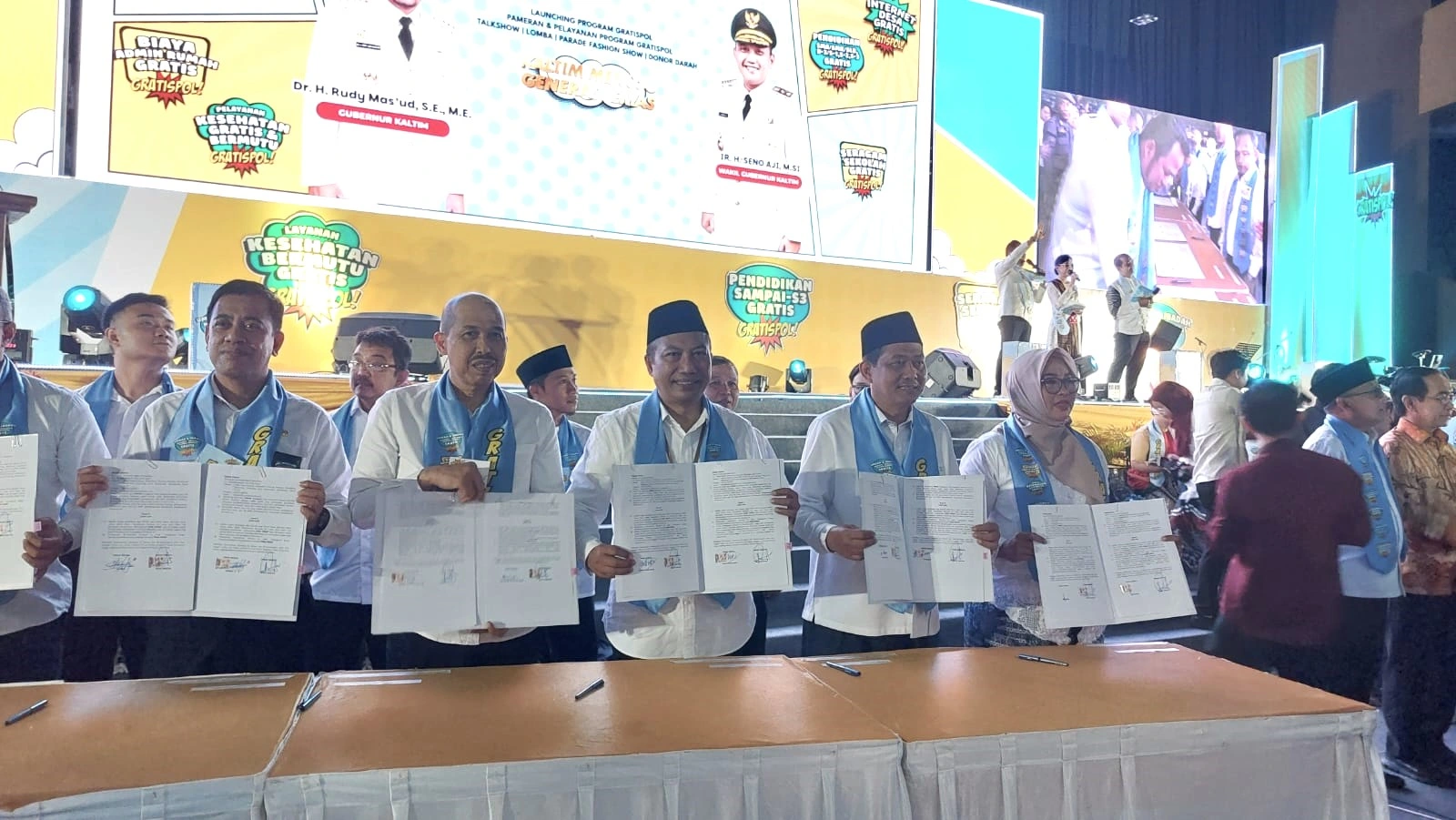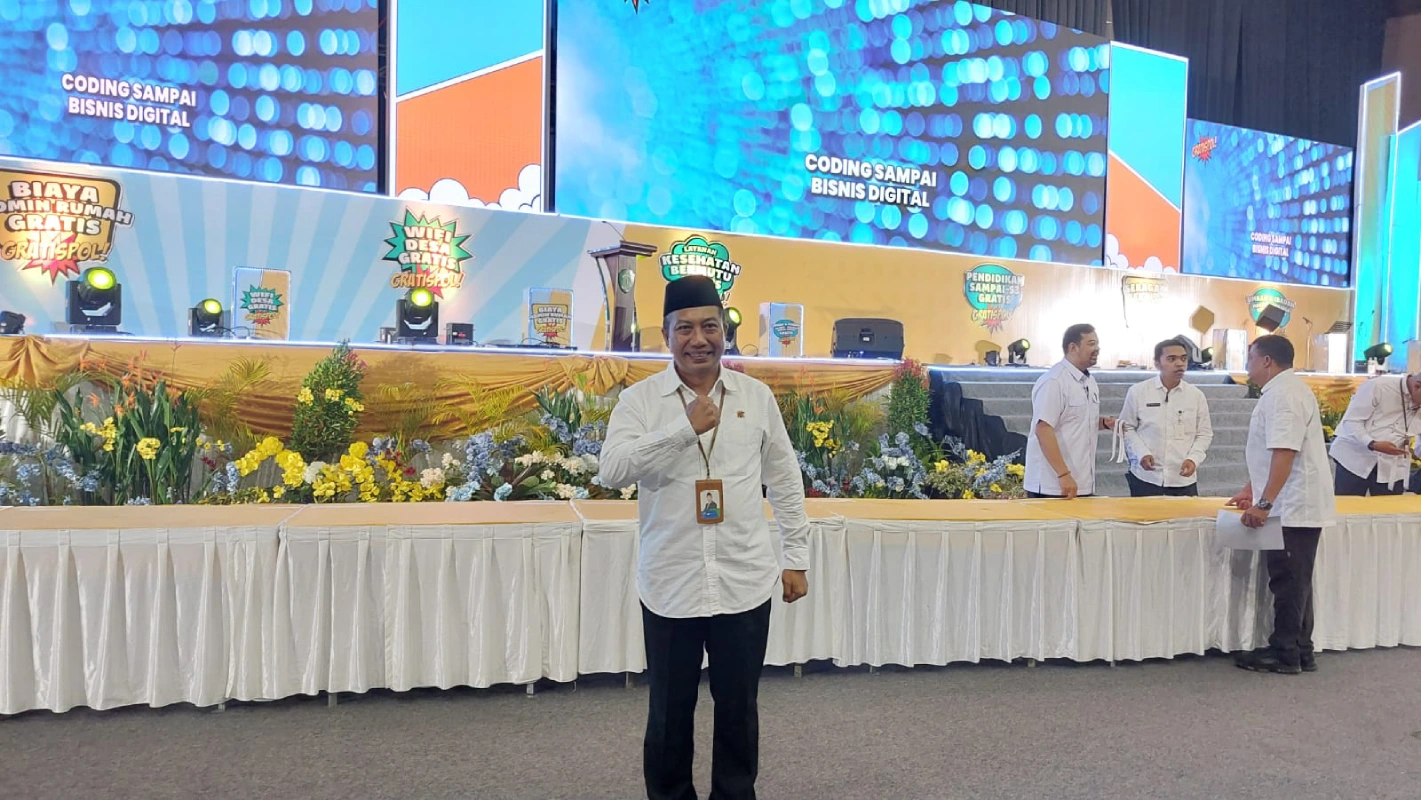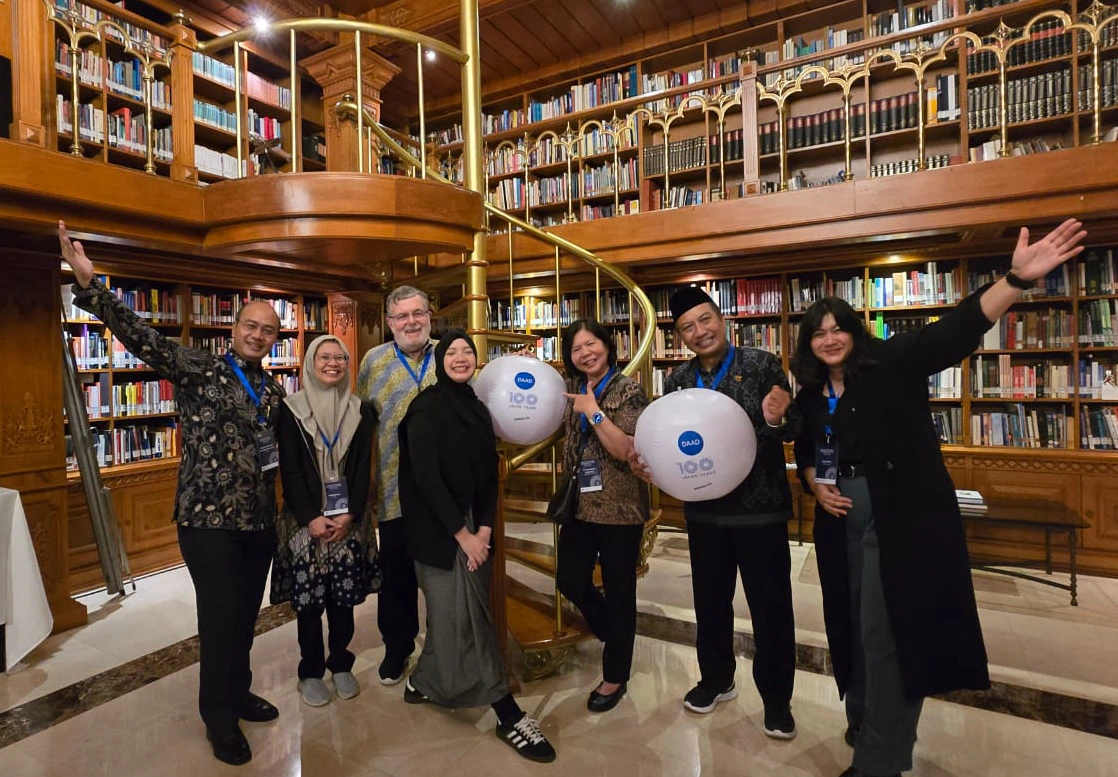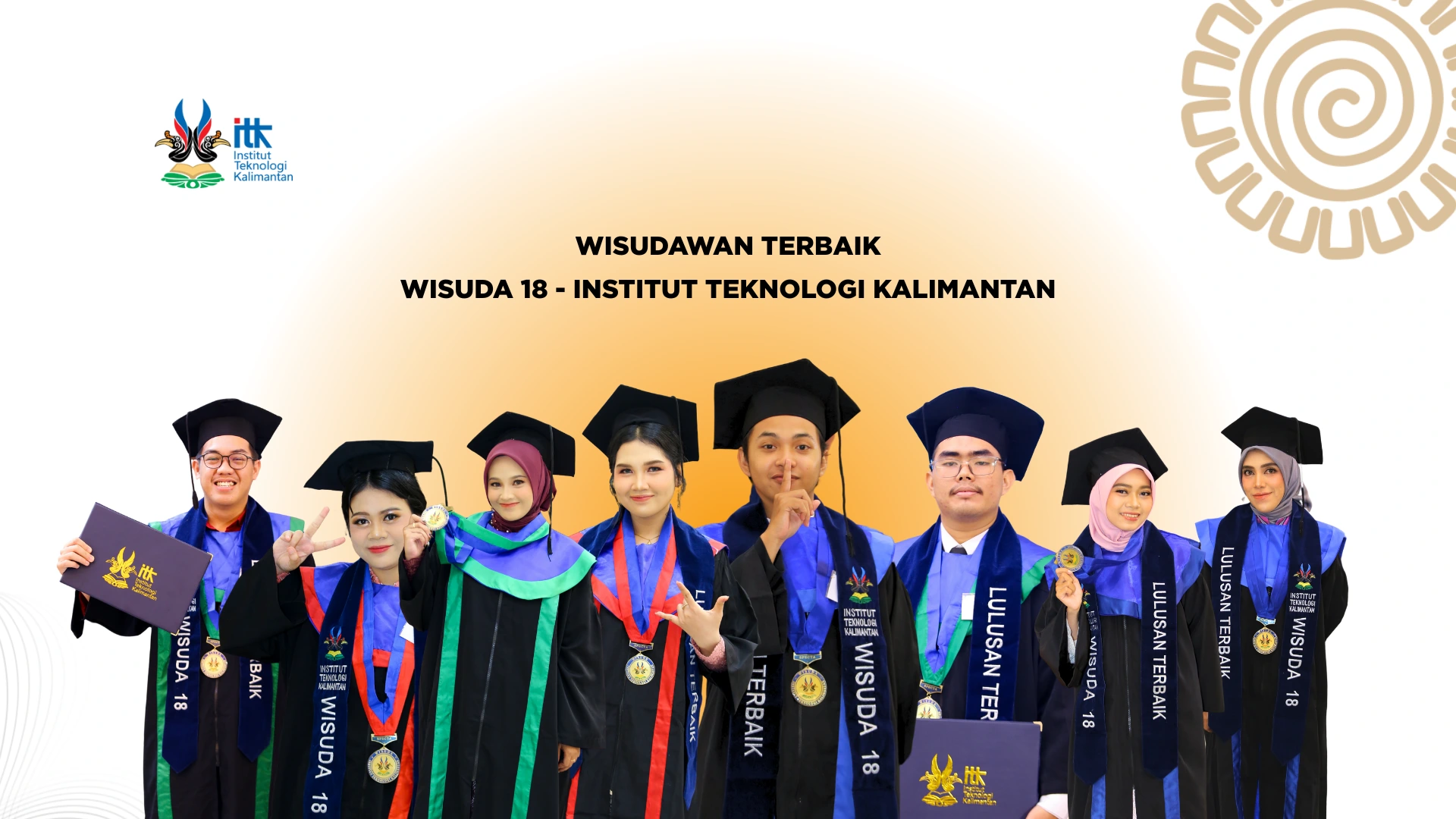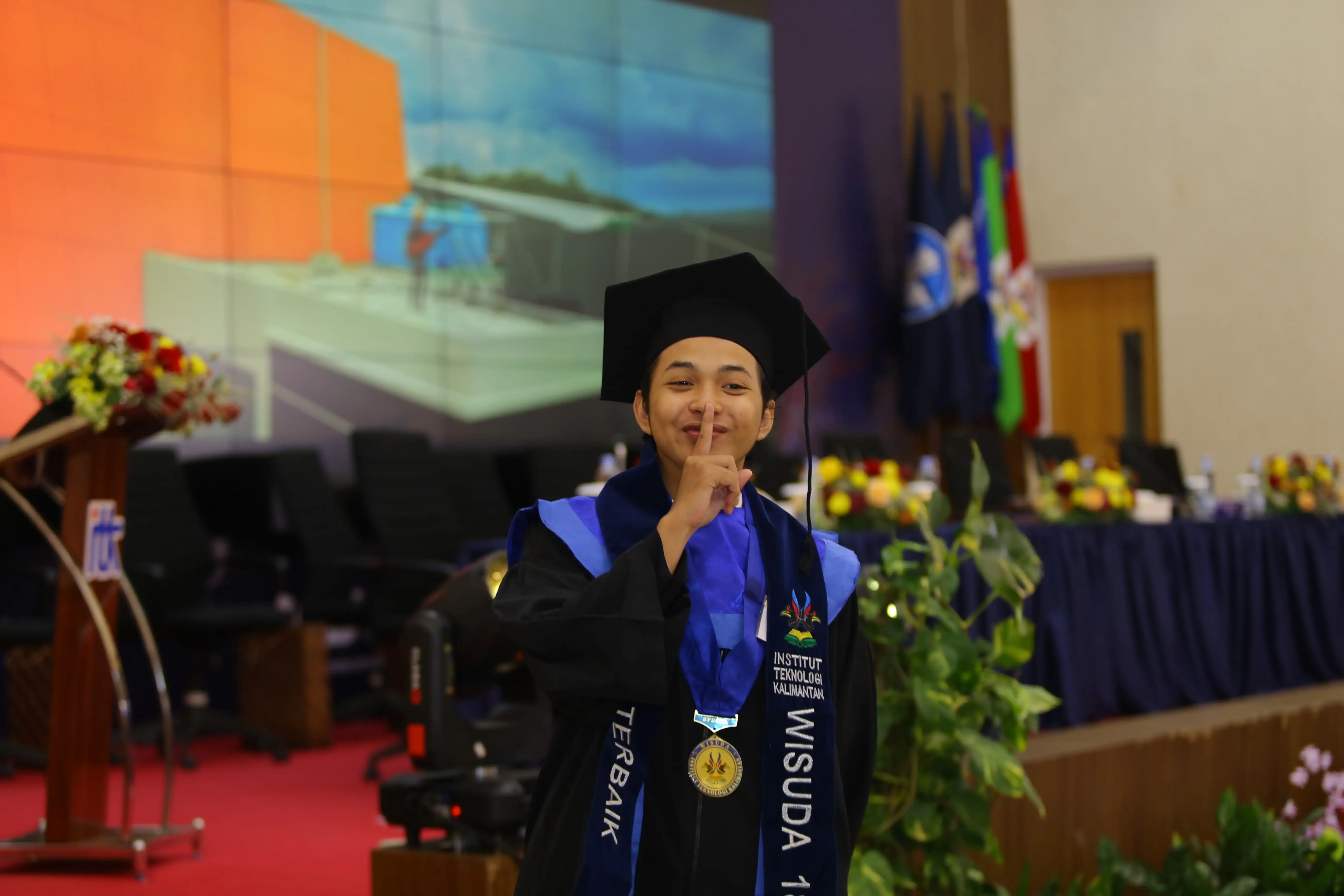Detail Berita
Launch of the Gratispol Generasi Emas Program in East Kalimantan: #HabisGelapTerbitlahTerang
Isi Artikel
Plenary Hall, Gelora Kadrie Oening – Monday, April 21, 2025 — The East Kalimantan Provincial Government officially launched the Gratispol Generasi Emas program in a vibrant event held at the Plenary Hall of Gelora Kadrie Oening. This program marks a significant step in expanding access to higher education for the youth of East Kalimantan.
Carrying the theme #FromDarknessToLight, the launch was attended by various regional directors and leaders of higher education institutions across East Kalimantan. Among the attendees was the Rector of the Kalimantan Institute of Technology (ITK), along with other key representatives from educational directorates and universities.
The Gratispol Generasi Emas program is designed to provide full scholarships to high-achieving students, forming part of a broader national effort to build a Golden Generation in 2045. This launch symbolizes the beginning of a shared commitment to shaping a future generation that is excellent, competitive, and capable of contributing to both regional and national development.
With strong cross-institutional collaboration, the program is expected to reach a wide range of young people across East Kalimantan and become a beacon of hope for the future of education in eastern Indonesia.
Isi Artikel
Tags
Campus Education Scholarship BalikpapanTags
Campus Education Scholarship BalikpapanBerita Terbaru
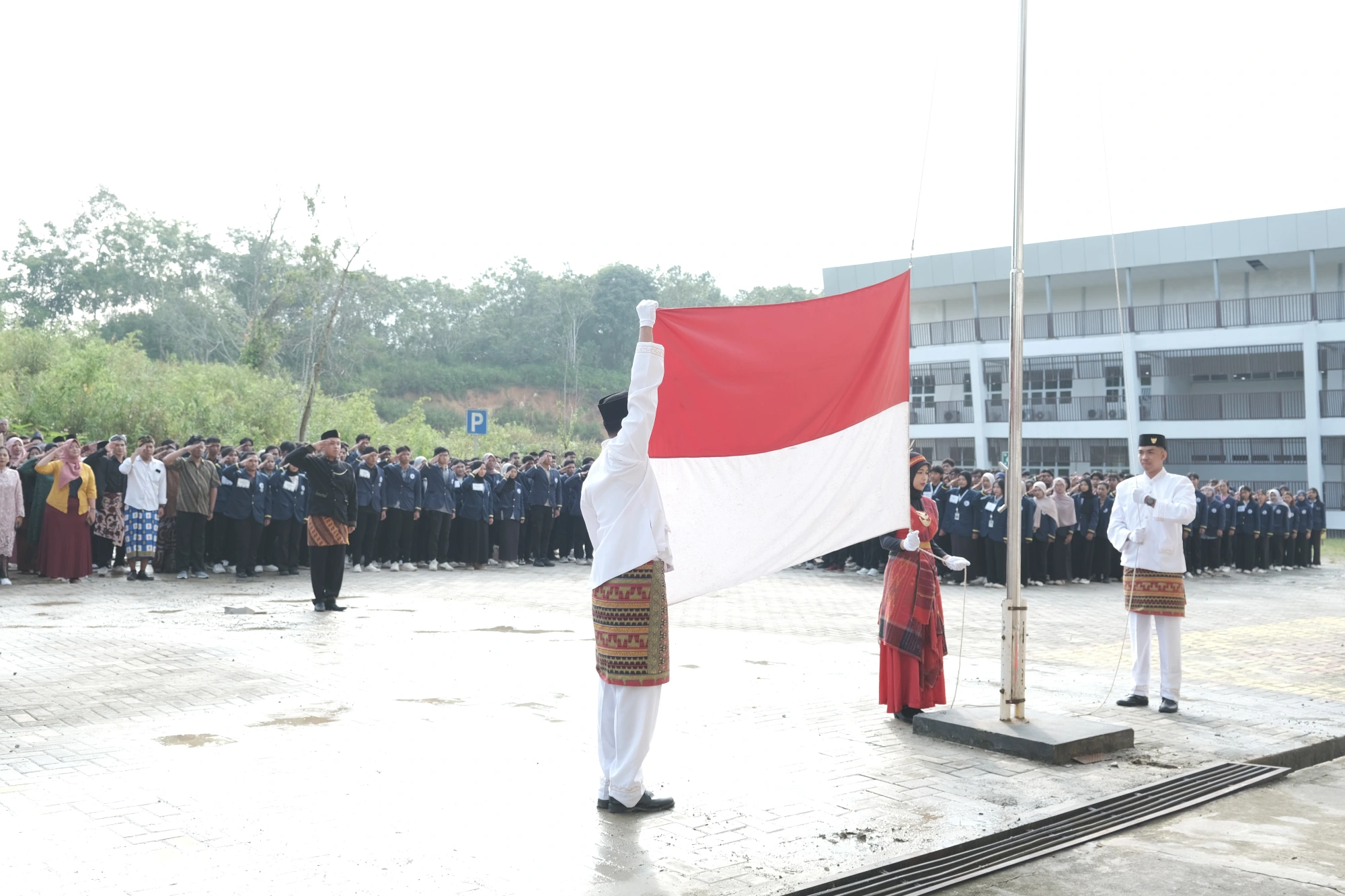 News
News
ITK Commemorates National Education Day 2025 with a Solemn and Culturally Rich Ceremony
The Institut Teknologi Kalimantan (ITK) held a National Education Day (Hardiknas) ceremony on the morning of Friday, May 2, 2025, at the Laboratory Complex Courtyard (Labter).
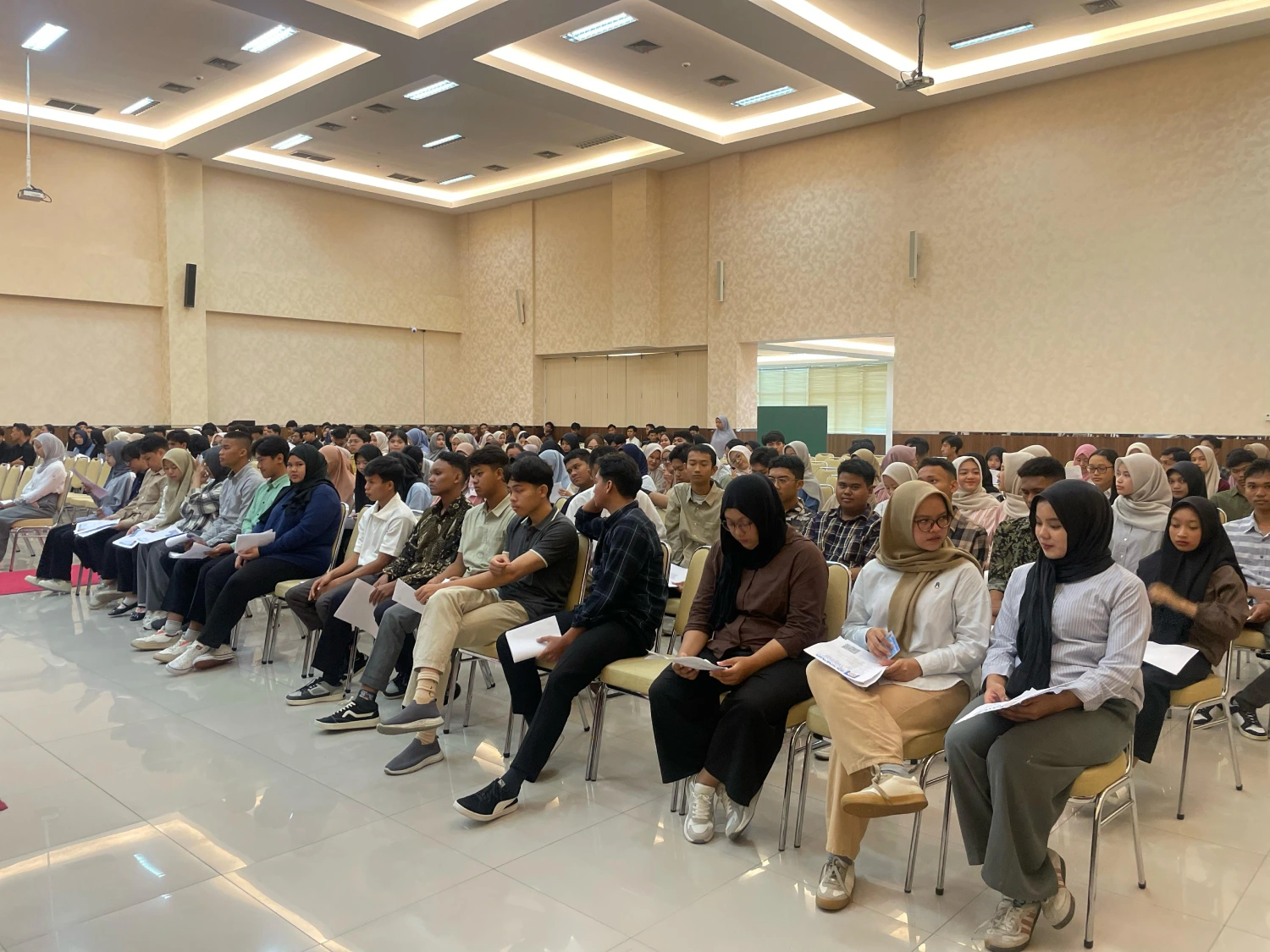 News
News
ITK Tightens Screening for UTBK 2025 to Ensure Exam Security and Integrity
The Institut Teknologi Kalimantan (ITK) has implemented stricter screening procedures for the 2025 Computer-Based Written Examination (UTBK) as part of its commitment to creating a safe, comfortable, and fair testing environment.
.webp) News
News
“Push Your Limit! The Story of Denistira, ITK 2012 Alumnus Building a Career in the Mining Industry
Denistira was part of ITK’s first-ever Chemical Engineering class. At that time, there were no fancy buildings, lab facilities were very limited, and there were plenty of technical issues in the learning process. But it was precisely those challenges that
